How Israel's 'Legitimisation Cell' is justifying journalist killings in Gaza
Evidence suggests a secret intelligence unit is portraying Palestinian journalists as Hamas operatives
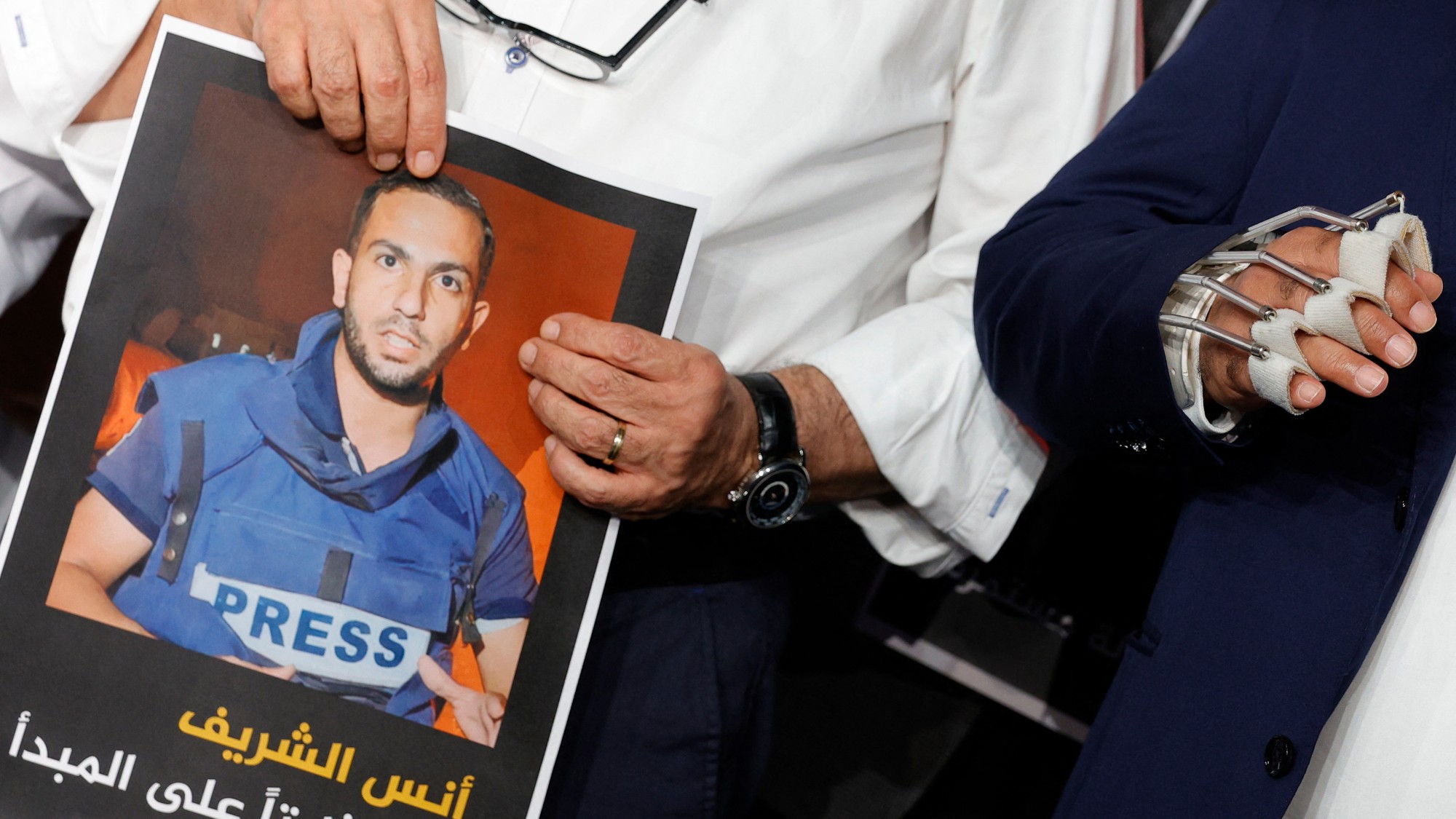
A free daily email with the biggest news stories of the day – and the best features from TheWeek.com
You are now subscribed
Your newsletter sign-up was successful
More than 200 journalists have died during Israel's assault on Gaza. Israeli Prime Minister Benjamin Netanyahu has said his country "values the work of journalists" but new evidence suggests that Palestinian reporters are being deliberately targeted.
It's part of Israel's mission to silence Palestinian newsgathering and to control what information the rest of the world receives from the war zone, said independent Israeli-Palestine media outlet +972 Magazine. The deaths of journalists – and the intimidation of living ones – are then justified through a shadowy process of "legitimisation" by an intelligence unit that scours those journalists' lives for any link, however tenuous, to Hamas.
What is the 'Legitimisation Cell'?
According to +972, the Israeli military established a special unit called the Legitimisation Cell after the 7 October attacks, and tasked it with gathering intelligence that would burnish Israel's international reputation. It was also told to identify Gaza-based journalists that it could present to the world as undercover Hamas operatives.
The Week
Escape your echo chamber. Get the facts behind the news, plus analysis from multiple perspectives.

Sign up for The Week's Free Newsletters
From our morning news briefing to a weekly Good News Newsletter, get the best of The Week delivered directly to your inbox.
From our morning news briefing to a weekly Good News Newsletter, get the best of The Week delivered directly to your inbox.
"The key task of the Legitimisation Cell is to undermine the work done by Palestinian journalists and provide the excuse to kill them," political scientist Ahron Bregman told France 24.
One high-profile journalist targeted in this way was Al Jazeera reporter Anas Al-Sharif, who was killed along with four colleagues in an Israeli airstrike earlier this month. After his death, the Israeli army quickly circulated documents claiming he had been a Hamas operative since 2013. "Yet even if taken at face value, the files showed his last contact with Hamas was in 2017 – years before the current war," said France 24.
How does it operate?
The discrediting of reporters working in Gaza has three key effects: it undermines the impact of their stories, photos and information; it puts their lives at risk by establishing them as targets in the eyes of the IDF, and it serves to rationalise their killing to the local and international media after a strike.
Any vagueness or lack of detail in the "intelligence" offered up is explained by the fact that sensitive information must be protected.
A free daily email with the biggest news stories of the day – and the best features from TheWeek.com
An anonymous journalist working in Gaza told France 24 that the Legitimisation Cell's tactics are "alarming": "We already work under constant fear – air strikes, losing colleagues, being silenced. Now the threat is also reputational, stripping us of international support and protection."
What does Israel say?
Israel has repeatedly said that its operations do not intentionally target Palestinian journalists, asserting that air strikes are aimed solely at militants and military infrastructure. But Israel continues to strictly regulate reporting from other journalists by only allowing access to reporters embedded with its own forces. The Israeli authorities have also never commented on the existence of a Legitimisation Cell.
Following a recent hospital strike that killed five journalists, the army's chief of staff ordered a preliminary inquiry, stressing that the IDF "does not in any way target journalists as such".
But press freedom groups say that reporters are smeared as militants, then killed in strikes justified by those same allegations. This is about "controlling the narrative Israel wants the world to believe in. It has nothing to do with security and military operations," Bregman told France 24. "It's about Hasbara."
"Hasbara" is a Hebrew word that roughly translates as "explaining" or "public diplomacy". It's what's pejoratively called "propaganda". Nowadays, it's used widely to refer to all manner of communications and PR activities undertaken to enhance Israel's reputation abroad.
-
 Health insurance: Premiums soar as ACA subsidies end
Health insurance: Premiums soar as ACA subsidies endFeature 1.4 million people have dropped coverage
-
 Anthropic: AI triggers the ‘SaaSpocalypse’
Anthropic: AI triggers the ‘SaaSpocalypse’Feature A grim reaper for software services?
-
 NIH director Bhattacharya tapped as acting CDC head
NIH director Bhattacharya tapped as acting CDC headSpeed Read Jay Bhattacharya, a critic of the CDC’s Covid-19 response, will now lead the Centers for Disease Control and Prevention
-
 Israel retrieves final hostage’s body from Gaza
Israel retrieves final hostage’s body from GazaSpeed Read The 24-year-old police officer was killed during the initial Hamas attack
-
 What will happen in 2026? Predictions and events
What will happen in 2026? Predictions and eventsIn Depth The new year could bring peace in Ukraine or war in Venezuela, as Donald Trump prepares to host a highly politicised World Cup and Nasa returns to the Moon
-
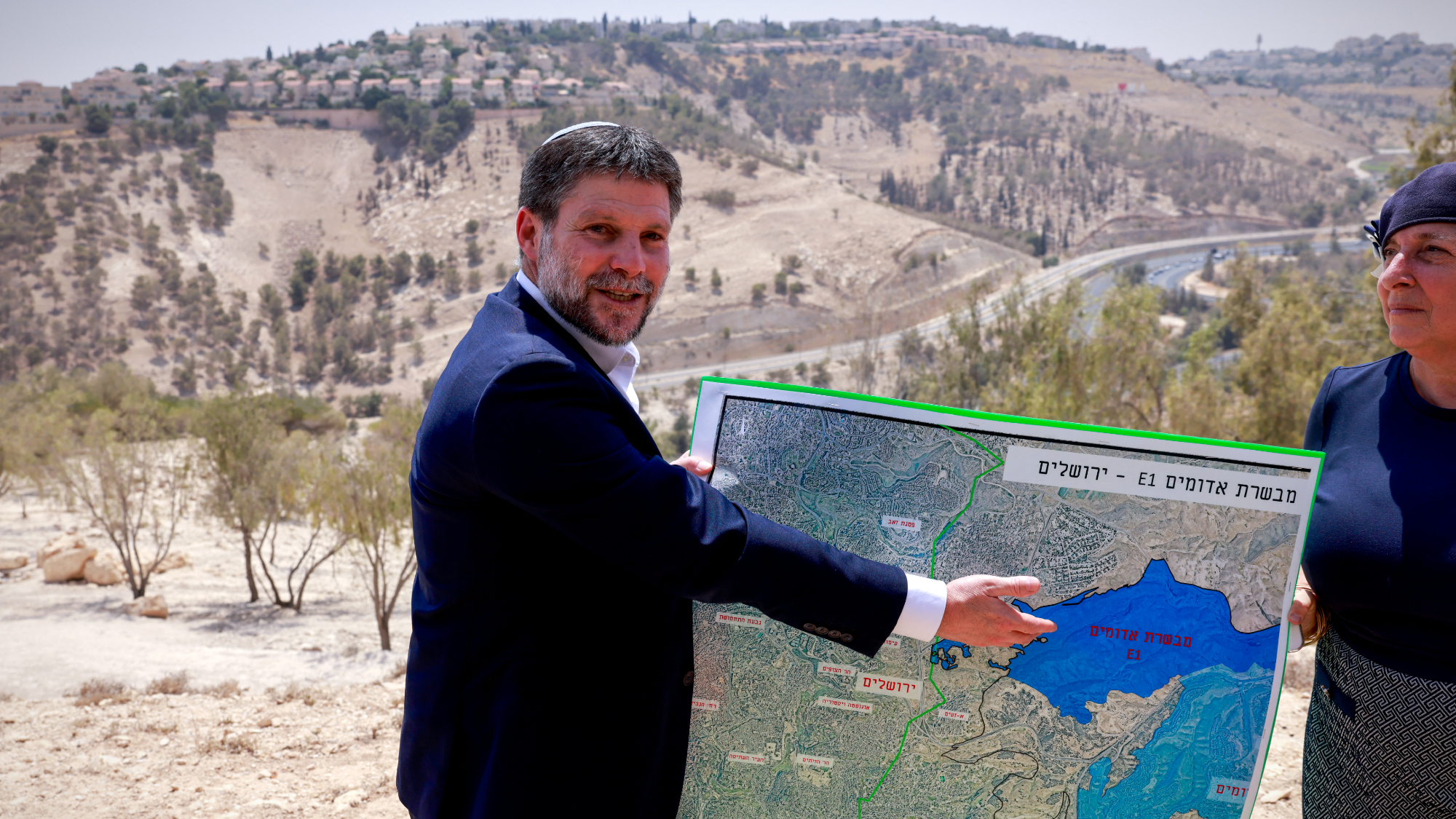 Israel approves new West Bank settlements
Israel approves new West Bank settlementsSpeed Read The ‘Israeli onslaught has all but vanquished a free Palestinian existence in the West Bank’
-
 Hong Kong court convicts democracy advocate Lai
Hong Kong court convicts democracy advocate LaiSpeed Read Former Hong Kong media mogul Jimmy Lai was convicted in a landmark national security trial
-
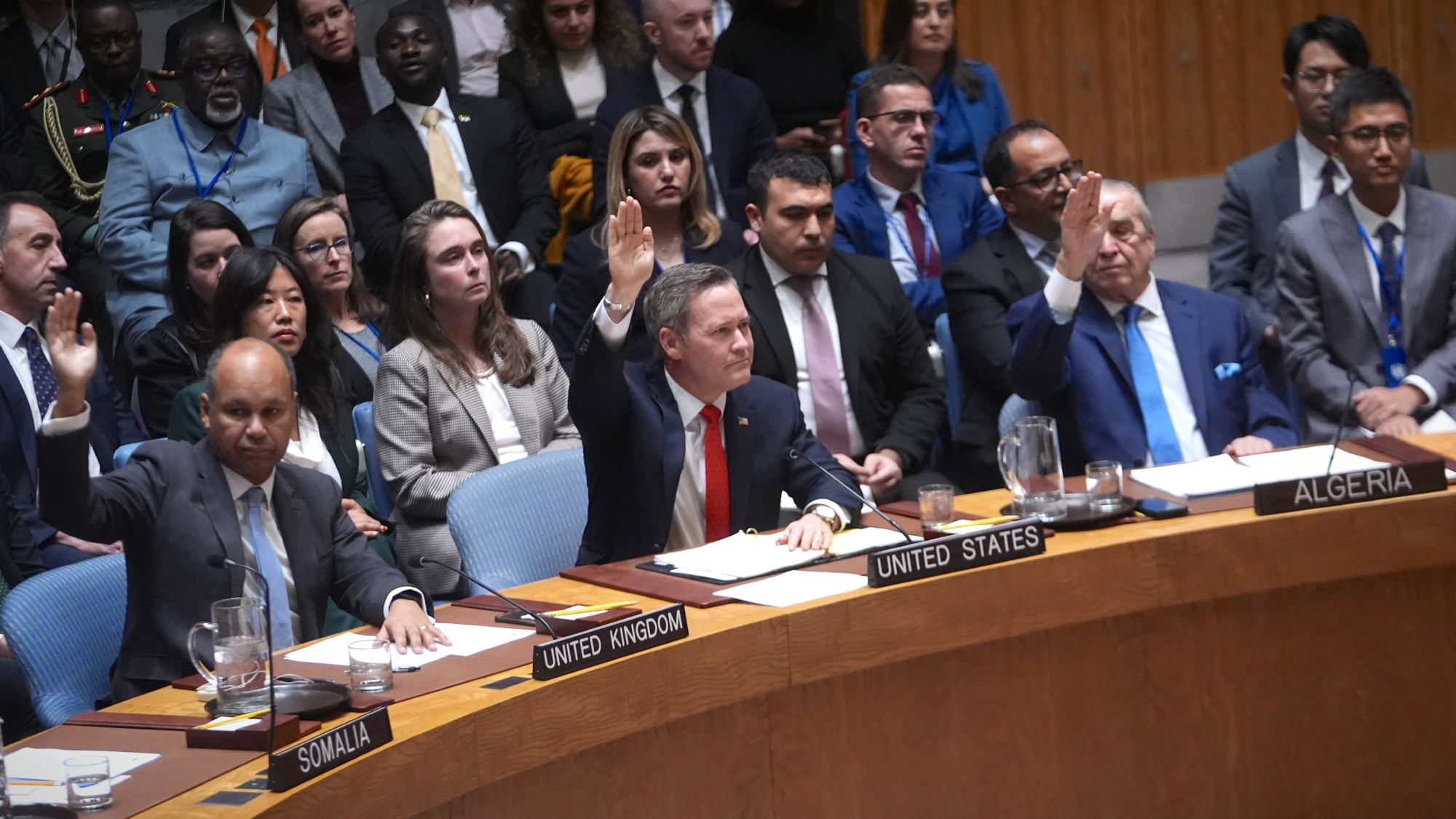 UN Security Council backs Trump’s Gaza peace plan
UN Security Council backs Trump’s Gaza peace planSpeed Read The United Nations voted 13-0 to endorse President Donald Trump’s 20-point plan to withdraw Israeli troops from Gaza
-
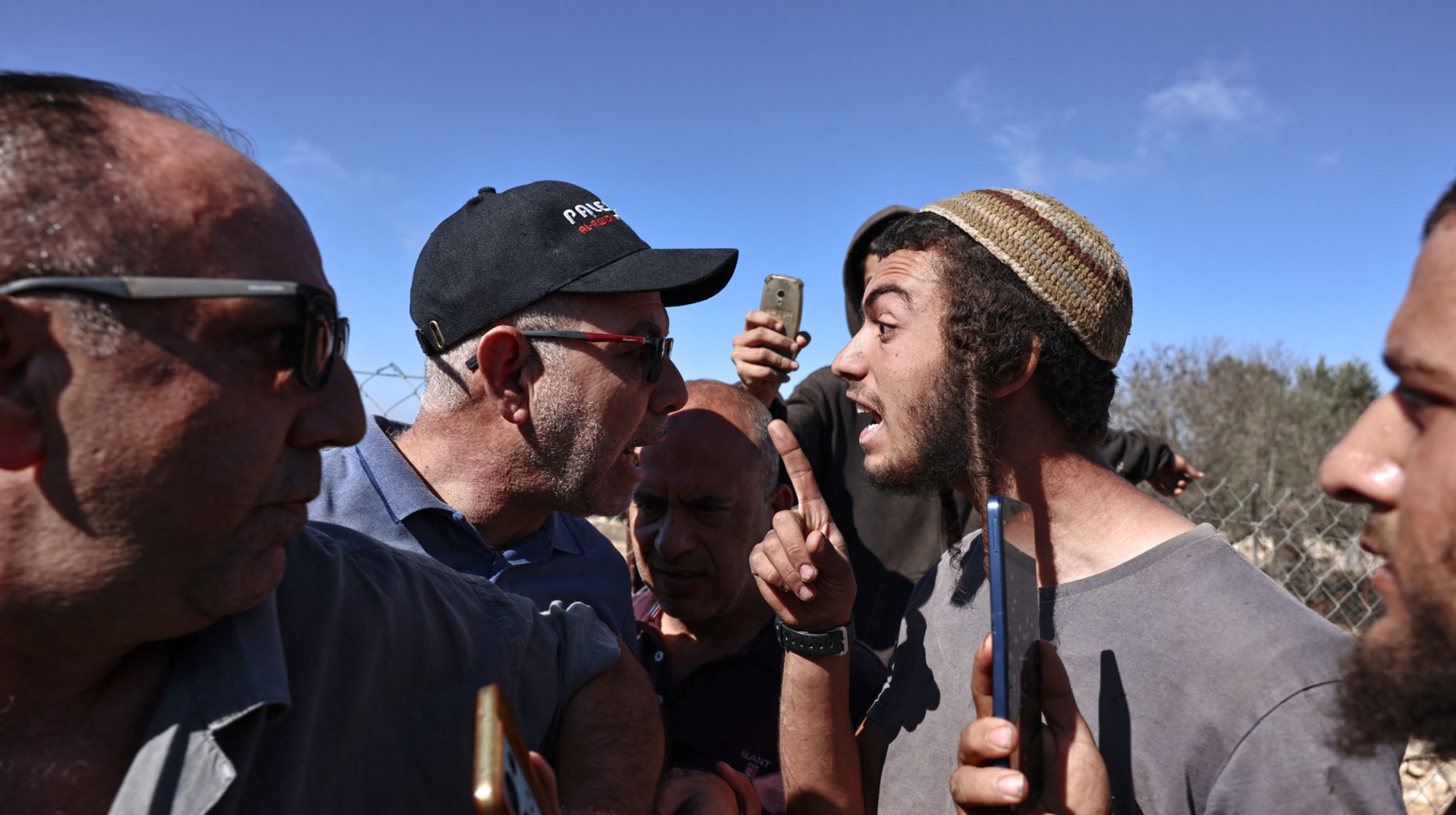 Israel jolted by ‘shocking’ settler violence
Israel jolted by ‘shocking’ settler violenceIN THE SPOTLIGHT A wave of brazen attacks on Palestinian communities in the West Bank has prompted a rare public outcry from Israeli officials
-
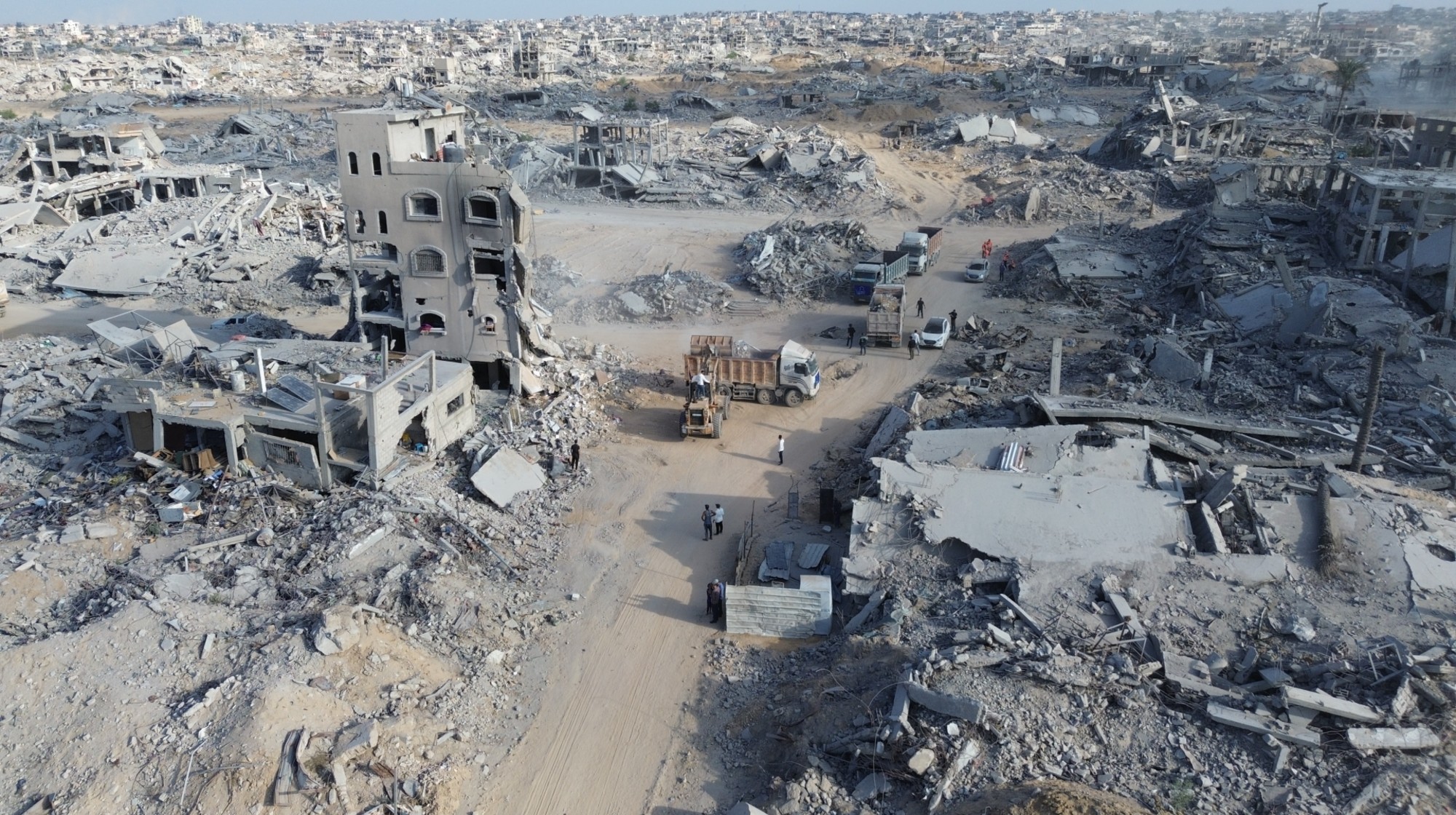 Gaza ceasefire teeters as Netanyahu orders strikes
Gaza ceasefire teeters as Netanyahu orders strikesSpeed Read Israel accused Hamas of firing on Israeli troops
-
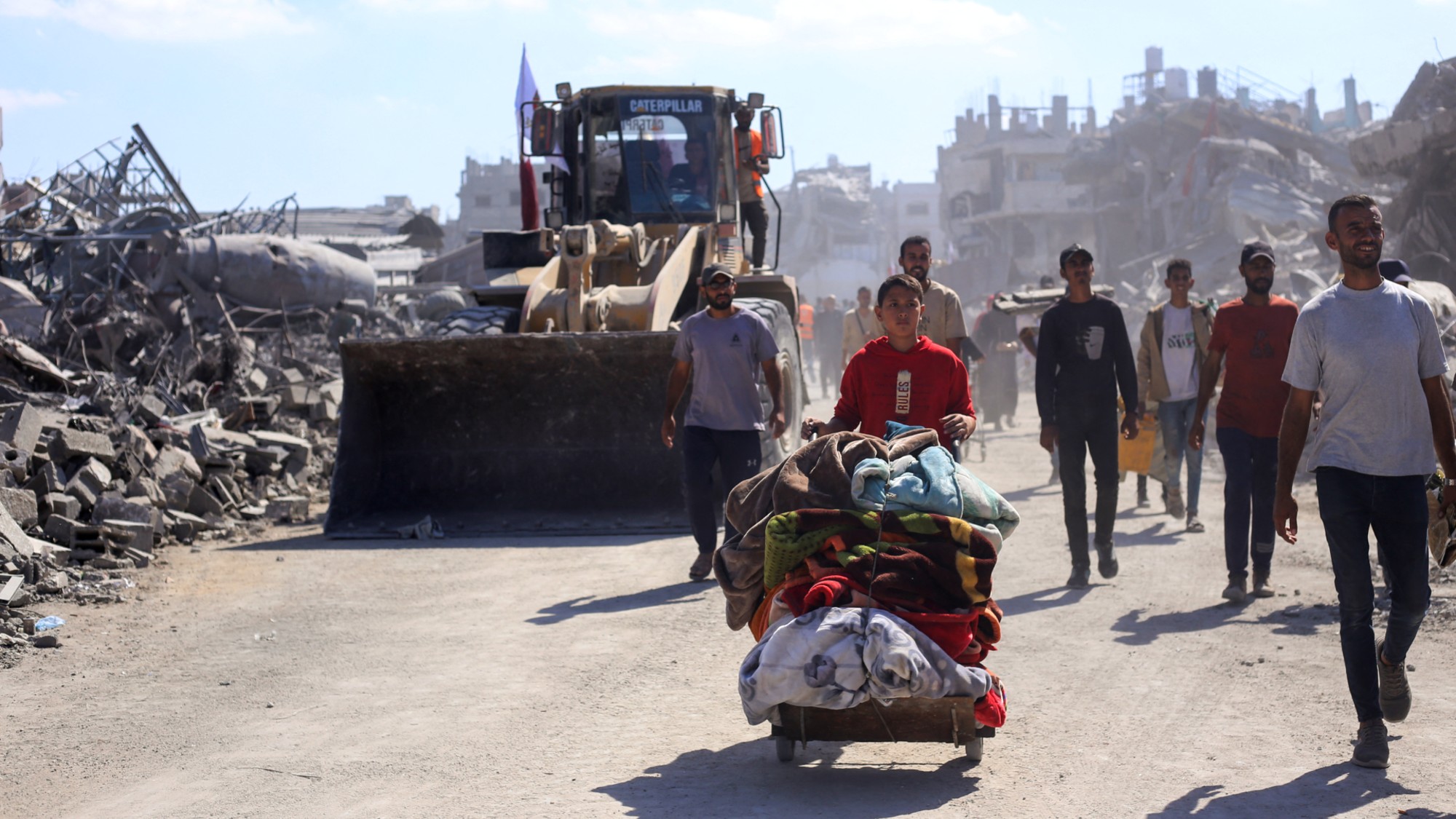 Gaza’s reconstruction: the steps to rebuilding
Gaza’s reconstruction: the steps to rebuildingIn The Spotlight Even the initial rubble clearing in Gaza is likely to be fraught with difficulty and very slow